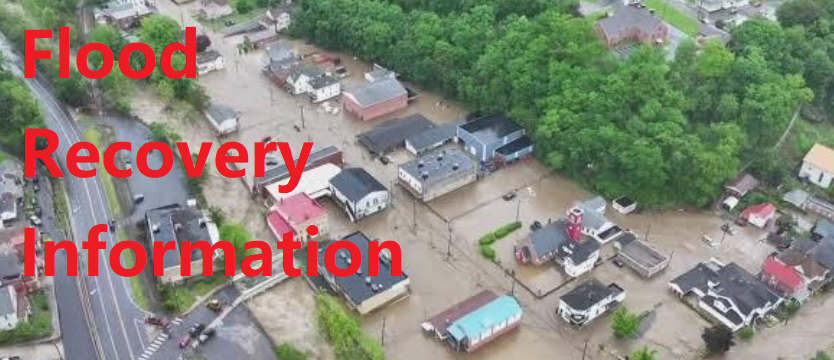June 30th, 2021 by WCBC Radio
Congressman David Trone (MD-06) announced that the Garrett County Health Department would receive $50,000 for the Garrett County Drug-Free Communities Coalition from the White House Office of National Drug Control Policy (ONDCP) to prevent youth substance use.
The ONDCP announced 65 new and competing continuation grants for Community-Based Coalition Enhancement Grants to Address Local Drug Crisis (CARA) Program. The funding will enhance the efforts of current or former Drug-Free Communities (DFC) program recipients to prevent opioid, methamphetamine, and prescription drug use among youth ages 12-18 across the United States.
“Preventing substance use among our young people is a critical component to fighting the opioid epidemic and keeping our communities safe,” said Congressman David Trone, founder of the Bipartisan Addiction and Mental Health Task Force in Congress. “This grant from the White House will help provide Garrett County with the tools it needs to apply the evidence-based prevention strategies we know will result in healthier outcomes for our young people.”
“We know that delaying substance use until after adolescence decreases the likelihood of a person developing a substance use disorder,” said ONDCP Acting Director Regina Labelle. “It is also important that we consider social determinants of health such as poverty, homelessness, and other conditions as we build effective prevention strategies. This funding will help support the Biden-Harris Administration’s mission to expand evidence-based prevention, treatment, and harm reduction services by providing our local partners in Garrett County, Maryland with the resources they need to reduce youth substance use.”
The CARA grant program is a partnership between ONDCP and the National Center for Injury Prevention and Control (NCIPC) at the Centers for Disease Control and Prevention (CDC). It aims to reduce youth substance use by providing funding to local coalitions to help them apply evidence-based prevention strategies to the emerging challenges in their communities.




.jpg)













